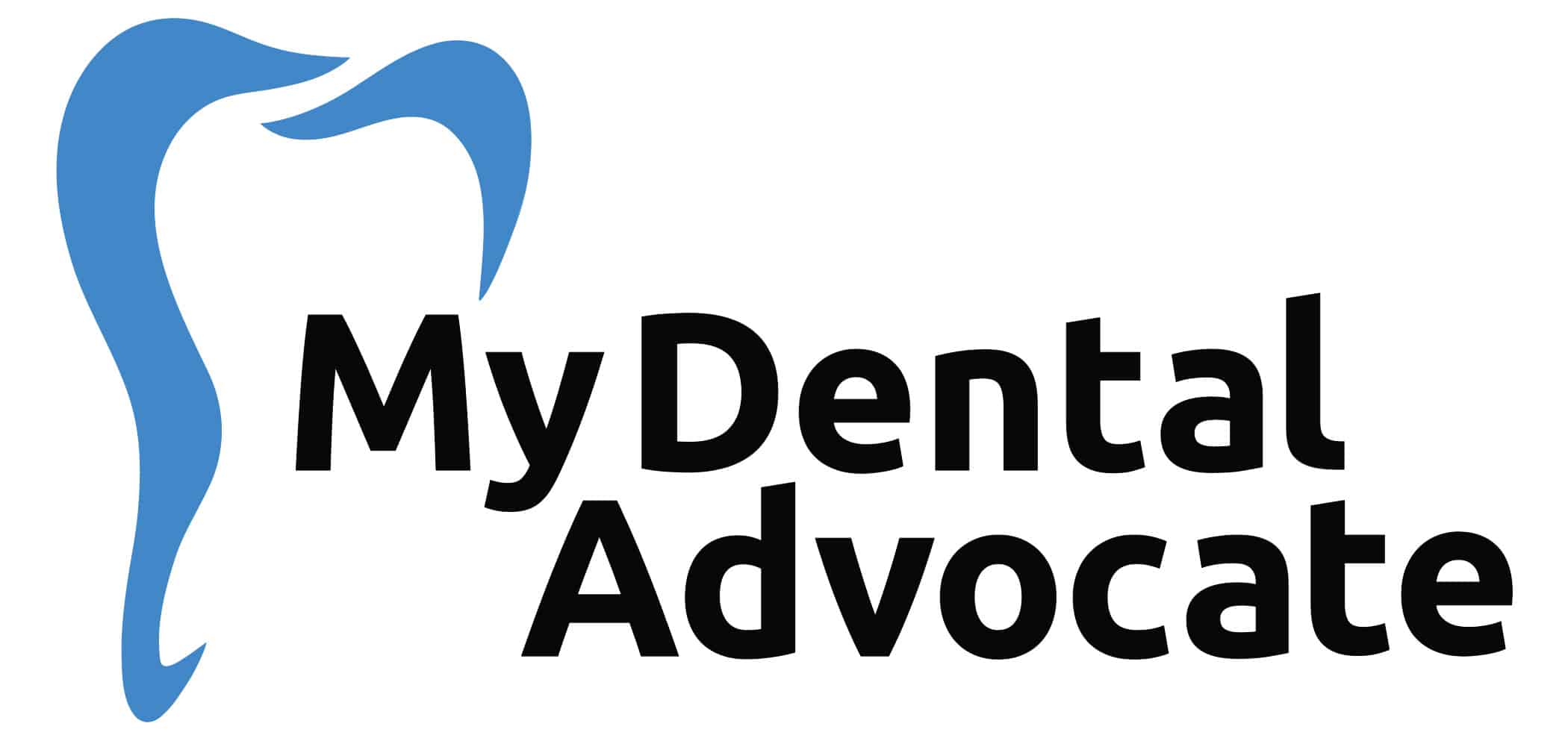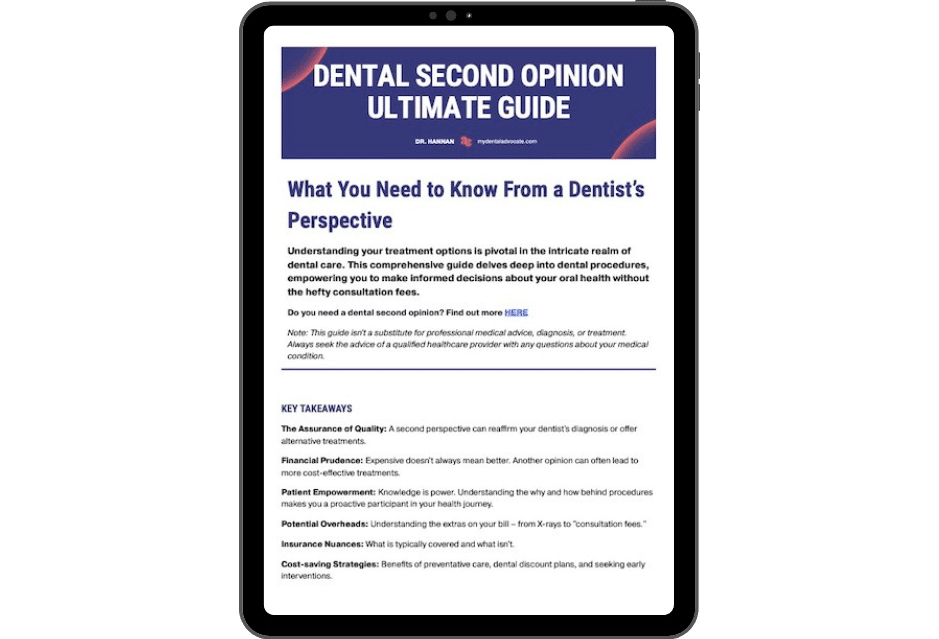Pregnancy Gingivitis (Causes, Symptoms & Treatment 2024)
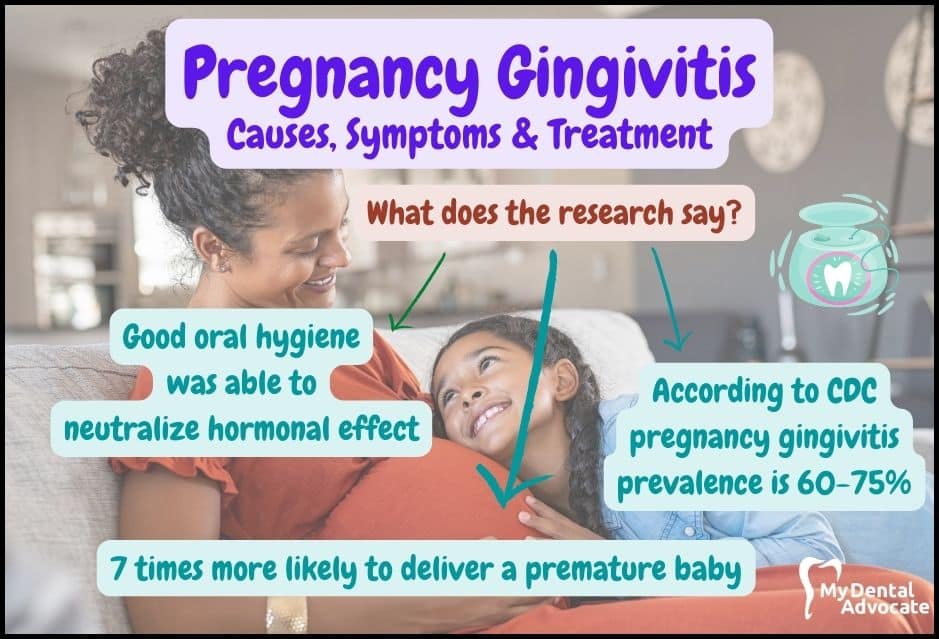
Pregnancy and the baby’s development inside a mother’s womb is a beautiful miracle.
However, it doesn’t come without swollen legs, body aches and labor pains. In addition, hormones are in constant flux, preparing the mother for the baby’s arrival.
Many believe these hormones cause pregnancy gingivitis and alter the body’s response to fight off gum disease-causing bacteria. So what does the research say?
Let’s take a closer look at pregnancy gingivitis from a dentist’s perspective.
Need Dental Advice? Ask Dr. Hannan!
What Is Pregnancy Gingivitis?
Pregnancy gingivitis is characterized by swelling and inflammation of the gums during pregnancy.
Pregnancy gingivitis is similar to gingivitis as it’s caused by a congregation of bacteria within a sticky film known as dental plaque.
If oral health is not well maintained, dental plaque will harbor harmful bacteria leading to gum inflammation, swelling and infection.
Dental plaque irritates the sensitive gum tissue by releasing harmful toxins that attack periodontal ligaments, gums, and bone tissue surrounding the teeth.
In addition, bacteria will hide below the gum line in the periodontal pockets where it’s difficult to clean.
Pregnant mothers are seven times more likely to go into preterm labor, have preeclampsia and have low-birth-weight babies if they have pregnancy gingivitis.
These pockets are the front door to your bloodstream and allow the bacteria to enter and move freely within your body.
It’s critical to keep your gums and teeth free of periodontal disease-causing bacteria, as a recent NIH study shows gum disease is directly related to systemic health issues, including Alzheimer’s and cardiovascular disease.
According to a recent study, pregnancy gingivitis prevalence ranges from 30-100%, depending on the studied population.
For example, 47% of pregnant mothers in Brazil exhibit pregnancy gingivitis compared to 89% in Ghana.
Recommended Reading: What is Gingivitis? Causes, Symptoms & Treatment 2024Hormones & Pregnancy Gingivitis

Although increasing progesterone and estrogen hormone levels have been attributed to causing pregnancy gingivitis, the research says otherwise.
The exact mechanisms for the onset of gingival inflammation during pregnancy have not been discovered.
According to a recent study, there is no definite evidence linking increased concentrations of estrogen or progesterone during pregnancy with specific periodontal pathogens (gingivitis and gum disease).
The influence of sex hormones (progesterone and estrogen) can be minimized with diligent plaque control.
The fluctuation in estrogen and progesterone levels during pregnancy altered inflammatory responses in the gum tissue, thus indirectly contributing to increased gum inflammation.
The mechanisms responsible for these changes are not fully known, and further research is needed to study the link between hormones and pregnancy gingivitis.
Recommended Reading: What Does Gingivitis Look Like? (20 Gum Disease Pictures)What Causes Pregnancy Gingivitis?
Before we address what causes pregnancy gingivitis, let’s first discuss how gingivitis is assessed.
The gingival index score details the presence or absence of bleeding during gentle probing.
In addition, the severity of bleeding gums is documented and ranges from 0-3. According to a recent study, pregnant women’s gingival index (GI) significantly increased and peaked in the third trimester.
Recent studies further confirmed that gingivitis associated with pregnancy depends on, but is unrelated to, the amount of dental plaque accumulation.
Recommended Reading: 14 Gingivitis Home Remedies That Work! (Dentist Recommended)However, good oral hygiene during pregnancy seemed to partially neutralize the hormonal effect.
Signs & Symptoms of Pregnancy Gingivitis
If, after your brush your teeth, you notice blood in your saliva or you have tender gums, you may have gingivitis.
In addition, almost half, 47.2%, of all adults aged 30 years and older have some form of gum disease. Gingivitis is the first stage before gum disease, and you should take prompt action to prevent further damage to your gums, bone and teeth.
In addition, gingivitis is reversible, whereas periodontal disease is not.
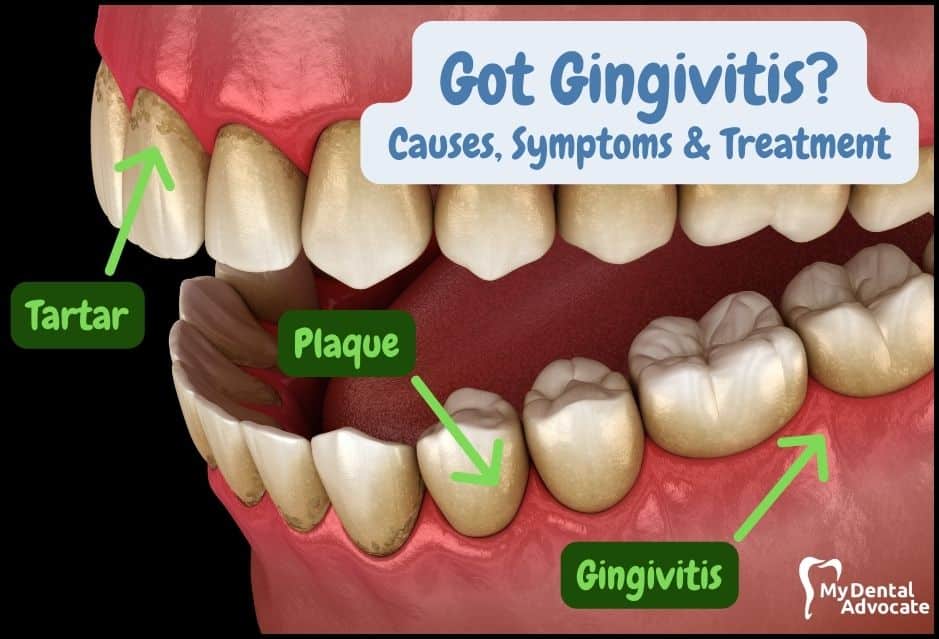
Common Symptoms
- Red & purple gums
- Swollen & puffy gums
- Shiny gum surface
- Bleeding when brushing
- Bleeding when flossing
- Gum separation & recession
- Bleeding gums
- Gum tenderness
- Halitosis (bad breath)
Treating Pregnancy Gingivitis
Pay special attention to your oral health during pregnancy, as gingivitis can lead to irreversible gum disease.
Gum disease, also known as periodontal disease or periodontitis, can lead to tooth loss. Unlike periodontal disease, pregnancy gingivitis is reversible with prompt diagnosis and treatment.
The sooner your dentist treats gingivitis, the less likely harmful bacteria will travel deep below the gum line.
Treatment for gingivitis includes cleaning the gums and teeth above and below the gum line. Dental scaling instruments are used to remove plaque and tartar. In addition, an ultrasonic scaler rapidly vibrates to remove tenacious tartar.
Recommended Reading: Gingivitis vs Healthy Gums (What’s the Difference?)Preventing Pregnancy Gingivitis
Why is it important to prevent pregnancy gingivitis? Expectant mothers who suffer from pregnancy gingivitis are seven times more likely to deliver a premature baby.
In addition, premature babies are at greater risk of severe complications, including disabilities, growth restrictions and mental development impairments.
If a pregnant mom has untreated tooth decay, her children are four times more likely to develop tooth decay.
The great news is that pregnancy gingivitis is both preventable and reversible.
Aside from visiting your dentist for professional gum care treatment, these at-home oral care habits will help manage and hopefully prevent pregnancy gingivitis in its early stages.

Maintain Great Oral Hygiene
Early-stage pregnancy gingivitis can often be halted by simply improving brushing habits.
First, brush twice daily with an electric toothbrush (we believe electric is best) as it requires minimal effort to clear away food, especially around the molars.
Check out the full review of our favorite electric toothbrush HERE (BURST Sonic Toothbrush).
In addition, use fluoride toothpaste to remineralize weekend enamel tooth structure. Fluoride protects against cavities, strengthens teeth and prevents tooth sensitivity.
Pregnancy can be exhausting, so plan and be sure to brush your teeth before you crawl into bed.
Recommended Reading: 5 Best Toothpastes for Gingivitis & Gum Disease 2024Floss Regularly
Brushing alone will not remove all harmful gum disease-causing bacteria.
Dental floss must wrap around each tooth to clean away bacteria below the gum line. After popping the floss between the teeth, use the “C-shaped” flossing method to wrap around each tooth before popping it back out.
If you have significant gaps between your teeth or wearing braces, consider using a water flosser to blast away stubborn plaque.
Our favorite water flosser is the BURST Water Flosser, and you can read more about it HERE.
Use Mouthwash or Salt Water Rinse Nightly
Consider using an alcohol-free mouthwash nightly to kill harmful bacteria and prevent gum inflammation from occurring.
However, it can be overwhelming when considering what mouthwash to purchase, so check out our product reviews HERE to learn more.
A salt water rinse is another excellent remedy for irritated gums.
Did you know that salt is a natural disinfectant? According to recent studies, rinsing with salt water reverses gum inflammation caused by pregnancy gingivitis. Mix ½ tsp of salt in a glass of lukewarm water and rinse for 30 seconds. Rinse twice daily for one week.
However, excessive salt water rinsing will erode tooth enamel and lead to tooth sensitivity.
Recommended Reading: 5 Best Mouthwashes for Gingivitis & Gum Disease 2024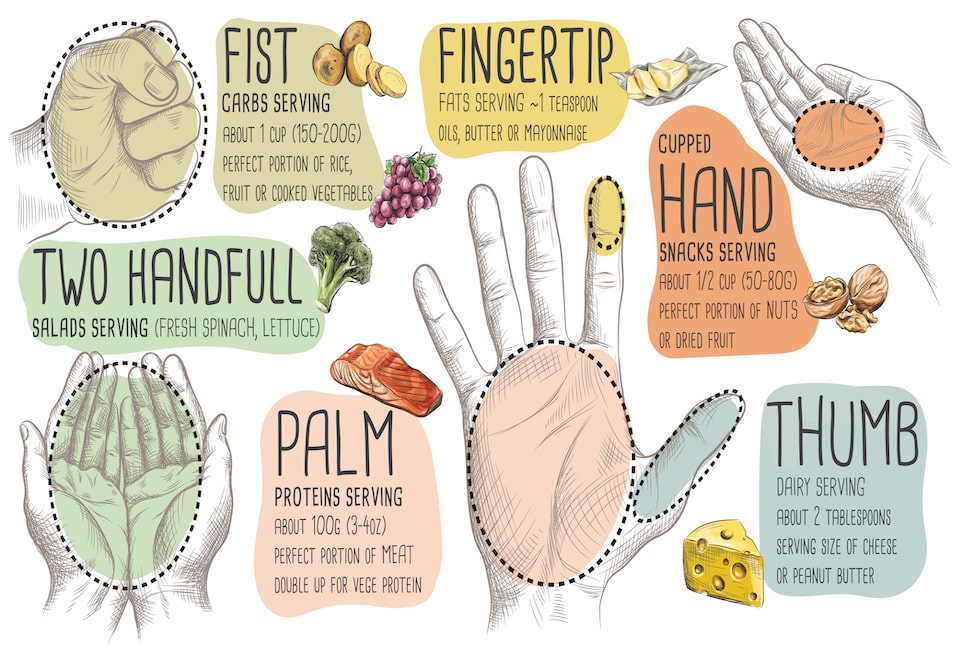
Healthy Eating
Sticking to a healthy diet will benefit your health, the growing baby and your oral health.
Avoid eating sticky sweets and other sugar-rich foods. Bacteria thrive when sugar is readily available, allowing them to increase and wreak havoc on your teeth and gums.
In addition, drink 8 oz of water eight times daily to hydrate your body. Your body will thank you for adequate hydration.
Visit Your Dentist Every Six Months
If you don’t see a dentist every six months, now’s the start. Your OBGYN will encourage you to visit a dentist every six months to clean your teeth and gums.
In addition, your dentist can spot and treat any dental concerns before they become more serious.
Recommended Reading: Is Gingivitis & Gum Disease Contagious? (What the Research Says)Avoid Pregnancy Habits
With pregnancy comes unique habits.
These habits can range from salty foods to soil. For example, I’ve treated expectant mothers that crave acidic foods, sweets and sugar-packed beverages.
In addition, I’ve encountered patients that desire to chew on their fingernails, hairpins or other objects. In theory, it may be impossible to give up all habits; however, the possible ramifications must be kept in mind.
Recommended Reading: Important Oral Health Pregnancy TipsRinse After Morning Sickness
Morning sickness is an unfortunate symptom of pregnancy that can be uncomfortable, harmful to your teeth and socially debilitating.
After you experience morning sickness, the American Dental Association recommends rinsing your mouth with water or a mixture of 1 cup water to 1 tsp baking soda.
Then, spit it out and brush your teeth 30 minutes later to prevent brushing away healthy enamel that has been acid-etched.
Frequently Asked Questions (FAQ)
My Experience & Expertise
As a dentist, I’ve seen many pregnant gingivitis patients seeking help. First, I educate them on the importance of oral health improvement, healthy nutrition and healthy habits.
Next, I will discuss the treatment plan, including prophylaxis (cleaning) and the importance of being seen every six months to limit gum inflammation. Pregnancy gingivitis is reversible, so don’t be discouraged if you have recently been diagnosed.
Need a second opinion? We can help! Learn more. Knowledge is power when cultivating healthy dental habits. The more informed you are, the better positioned you’ll be to prevent avoidable and potentially costly dental procedures for you and your family. Watch for future blog posts, where we’ll continue sharing important information, product reviews and practical advice!
Sources
- Wu M. Relationship between Gingival Inflammation and Pregnancy. Mediators of Inflammation, 2015.
- Mealey B. Hormonal influences: effects of diabetes mellitus and endogenous female sex steroid hormones on the periodontium. Periodontology 2000, 2003.
- Pope A. Pregnant women more likely to have gingivitis in first and second trimesters, study shows. UAB News, Health & Medicine, 2016.

About the Author
Dr. Matthew Hannan, also known as “Dr. Advocate,” is a board-certified dentist on a mission to provide accurate dental patient education. He attended Baylor University before completing dental school at UT Health San Antonio School of Dentistry. He now lives in Arizona with his beautiful wife and 4 kids. Dr. Hannan believes everyone should access easy-to-read dental resources with relevant, up-to-date dental research and insight to improve their oral health.

Connect with Dr. Hannan!
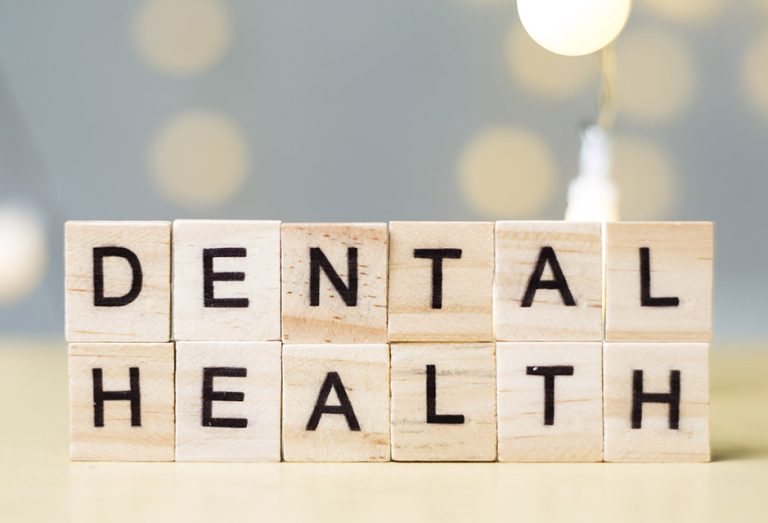
Best Dental Advice (Dentist Perspective) | Part 1
According to a recent study, Only 25.8% of children reported a high oral health knowledge. Yet, we have many resources to learn about healthy dental habits, revolutionary dental products, and preferred dental treatments…
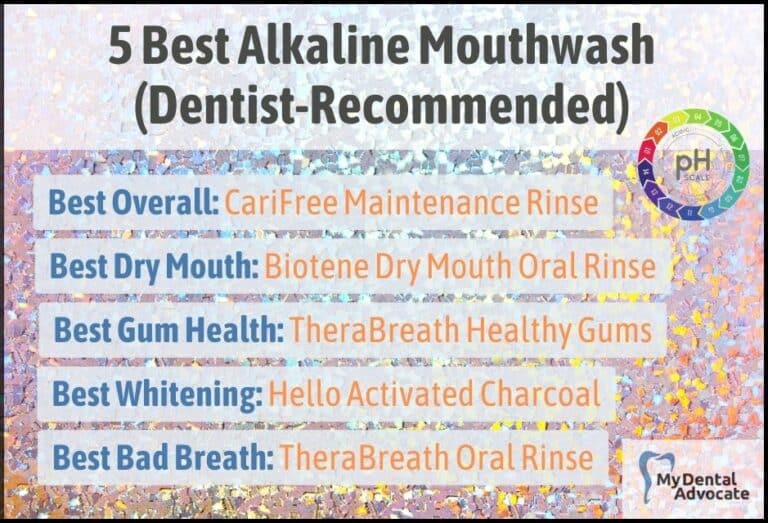
5 Best Alkaline Mouthwash 2024 (Dentist Recommended)
Oral health is not just about pearly whites and fresh breath. The pH level in the mouth plays a crucial role in determining overall dental well-being. With the modern diet often leaning towards the acidic side, an alkaline mouthwash can be a game changer, helping to neutralize excess acid, and providing a protective shield against tooth decay and gum disease.
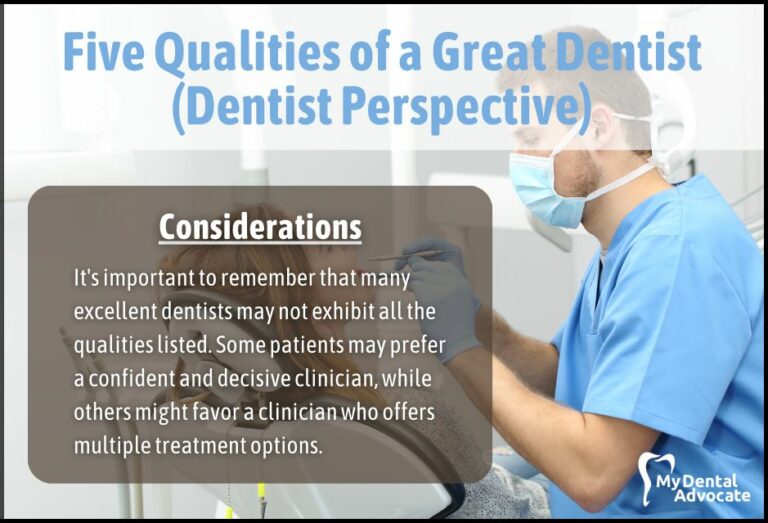
5 Qualities of A Great Dentist (Dentist Perspective)
Choosing the right dentist can be daunting. Patients have a lot to consider, including practice location, insurance, dentist availability, and patient experience. The patient experience is critical in the evaluation process. How easy is…
Gain Clarity with Our FREE Second Opinion Guide
Receive clear, expert second opinions online within 48 hours. Start today!
Product Reviews
Our 250+ dental product reviews (and counting), curated by an experienced dentist, are the most comprehensive online.
Toothbrush Genie
State-of-the-art chatbot designed to help you discover your perfect toothbrush in just a few simple steps!
Cavity Risk Assessment
Cutting-edge digital tool designed to evaluate your individual cavity risk based on your responses to a series of questions.
Gum Disease Assessment
Discover your gum disease risk with our quick and engaging 6-question assessment!
